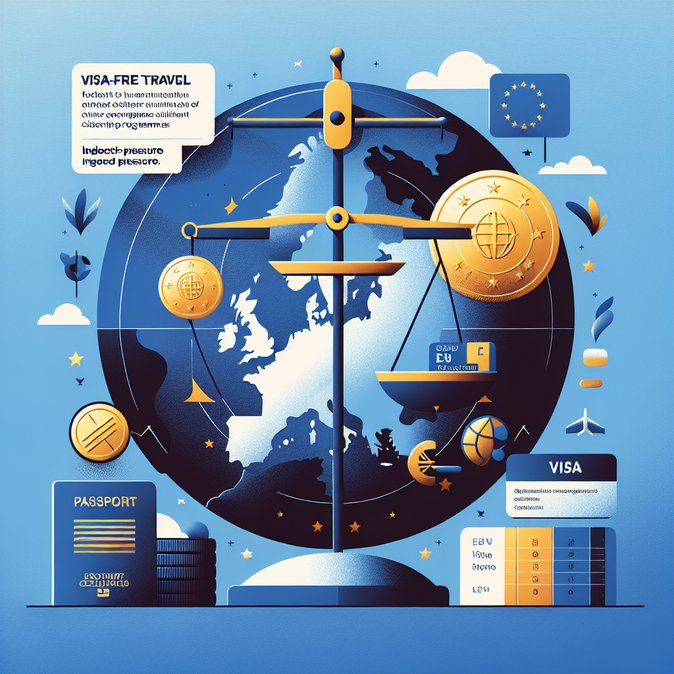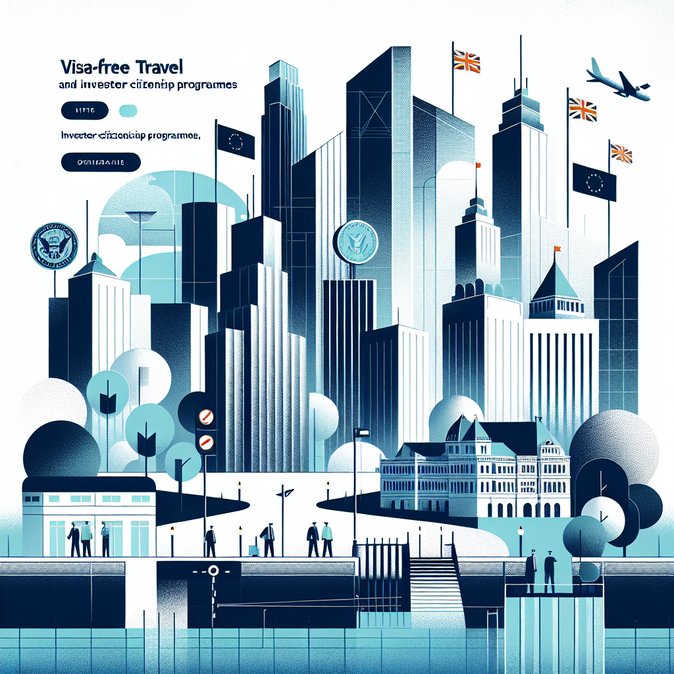
The Council of the European Union on 17 November approved sweeping changes to the regulation that allows Brussels to suspend visa-free travel for nationals of third-countries【turn6view0】. The revised mechanism lowers the statistical threshold for triggering a suspension (e.g. a 30 % rise in overstays or asylum claims instead of 50 %) and, for the first time, explicitly targets countries that run “investor-citizenship” schemes granting passports to people with no genuine link to the issuing state. Although the new rules are aimed at non-EU countries, they have clear ramifications for Cyprus, which only shut down its own citizenship-by-investment programme in late 2020 and is still processing revocations of improperly issued passports. Brussels will now be able to act much faster—an initial suspension will last 12 months instead of nine, and can be extended to 36 months—putting pressure on any state whose policies are seen as a back-door to the Schengen Area.
For Cypriot businesses the decision matters on two levels. First, many multinationals on the island depend on short-term, visa-free travel by executives from nearby visa-exempt jurisdictions such as Georgia, Moldova and Ukraine; a suspension affecting those passports would immediately raise compliance and cost. Second, the spotlight on “golden passports” keeps Cyprus under EU scrutiny as it reforms its own migration incentives—most notably the Digital Nomad Visa, Startup Visa and fast-track permanent residence routes. Those schemes must demonstrate strong due-diligence safeguards to avoid falling under the broader investor-citizenship stigma.
![EU adopts tougher visa-free suspension rules that could affect Cyprus’s citizenship-by-investment legacy]()
Immigration advisers are already urging clients to audit their mobility pipelines. Companies that regularly dispatch staff to Cyprus from visa-free countries should build contingency scenarios including Schengen C-visa applications and longer lead times. They should also watch for reciprocity measures; the updated regulation makes it easier for the EU to prolong suspensions when third-countries retaliate.
Practically, nothing changes overnight. The regulation enters into force 20 days after publication in the EU Official Journal. But once operational it will give the European Commission a sharper tool—backed by qualified-majority voting—to act against misuse of visa liberalisation. For a small, open economy like Cyprus, remaining aligned with EU migration standards becomes even more important to safeguard its connectivity and reputation.
Looking ahead to 2026, the Deputy Ministry of Migration is expected to table amendments to the Aliens and Immigration Law to codify enhanced background checks and ban any future passport-for-investment scheme, a move designed to keep Cyprus safely outside the cross-hairs of the new suspension regime.
For Cypriot businesses the decision matters on two levels. First, many multinationals on the island depend on short-term, visa-free travel by executives from nearby visa-exempt jurisdictions such as Georgia, Moldova and Ukraine; a suspension affecting those passports would immediately raise compliance and cost. Second, the spotlight on “golden passports” keeps Cyprus under EU scrutiny as it reforms its own migration incentives—most notably the Digital Nomad Visa, Startup Visa and fast-track permanent residence routes. Those schemes must demonstrate strong due-diligence safeguards to avoid falling under the broader investor-citizenship stigma.

Immigration advisers are already urging clients to audit their mobility pipelines. Companies that regularly dispatch staff to Cyprus from visa-free countries should build contingency scenarios including Schengen C-visa applications and longer lead times. They should also watch for reciprocity measures; the updated regulation makes it easier for the EU to prolong suspensions when third-countries retaliate.
Practically, nothing changes overnight. The regulation enters into force 20 days after publication in the EU Official Journal. But once operational it will give the European Commission a sharper tool—backed by qualified-majority voting—to act against misuse of visa liberalisation. For a small, open economy like Cyprus, remaining aligned with EU migration standards becomes even more important to safeguard its connectivity and reputation.
Looking ahead to 2026, the Deputy Ministry of Migration is expected to table amendments to the Aliens and Immigration Law to codify enhanced background checks and ban any future passport-for-investment scheme, a move designed to keep Cyprus safely outside the cross-hairs of the new suspension regime.


